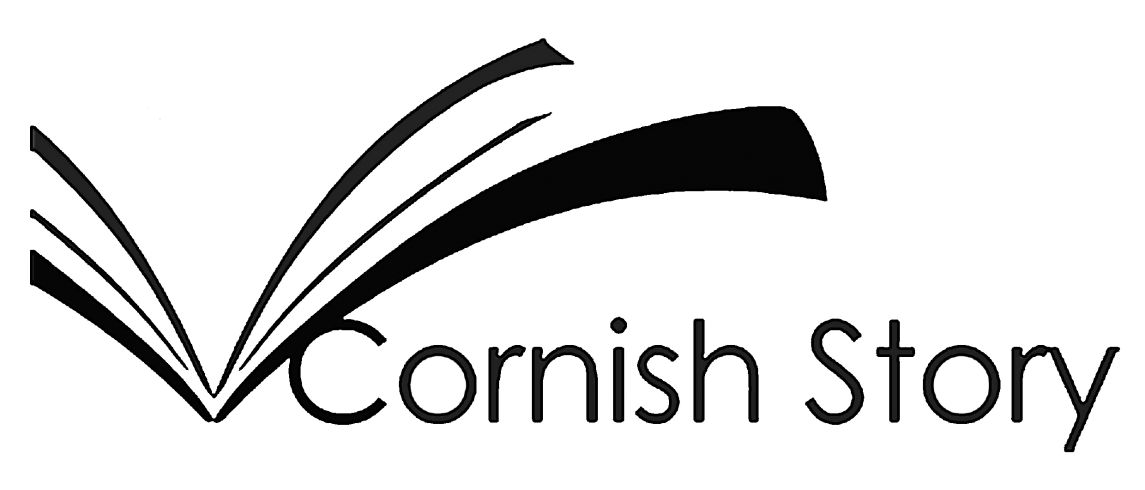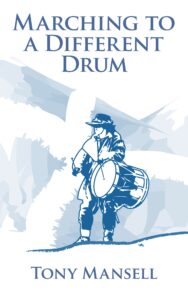
First published by Trelease Publications
© 2012 Tony Mansell
All Rights Reserved
Cover design by Daniel Benney
Foreword
My interest in this period began with Mary Coate’s book Cornwall in the Great Civil War and Interregnum. It became a passion and many other books about Cornwall’s involvement now fill my shelves.
The English Civil War, or more properly the British Civil War, was a conflict involving the entire Kingdom. Its true beginnings pre-date the start of the fighting in 1642 by many years and its conclusion stretches well beyond 1646 when this book ends with the story half told.
There may be some surprise that Cornwall played host to so much activity and that its army was so important to the King’s initial success but its part has not been overstated or embellished here. The Cornish involvement is faithfully portrayed and the trap of distorting history for the sake of entertainment has been strenuously avoided. It is a true record of the part Cornwall played in this momentous struggle.
The period of the Civil Wars and Interregnum is the most important in the history of Cornwall, for never before or since has she contributed so largely to the general course of events. (Mary Coate)
Many of the characters really existed and the storyline in no way misrepresents their actions or words. Others are fictional, the product of my imagination, but the parts they play are not beyond the bounds of possibility or even probability. They existed through the lives of many people and they take centre stage in the real-life conflicts.
The Civil War was the story of Royalist supremacy pitted against the new order but here the upper class are relegated to supporting roles, the main characters are the ordinary people who lived and died in these turbulent times.
Introduction
In 1625, King James died and was succeeded by his son, Charles. Both believed in the Divine Rule of Kings and both were passionate defenders of the rule of Bishops in the established church. It brought them into open conflict with their Parliaments and with the growing Puritan movement.
Charles was relentless in his attempt to raise money for his military ventures and in forcing his religious doctrines on a reluctant Scottish nation. His determination to retain absolute power placed him at odds with an evolving Parliament determined to play a greater role in running the country. There could be only one outcome…
On the 22nd August 1642, Charles Stuart gazed at his standard as it billowed in the wind. In the distance the storm clouds gathered: a sign of what lay ahead. He’d failed to resolve his differences with Parliament and there was no turning back: the war had begun.
Click on the title to read this full length historical novel
By Tony Mansell
Some of the locations mentioned in the book
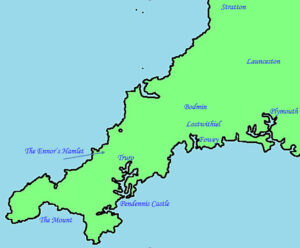 Cornwall
Cornwall
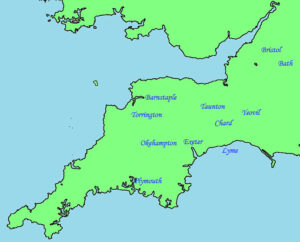 The Southwest
The Southwest
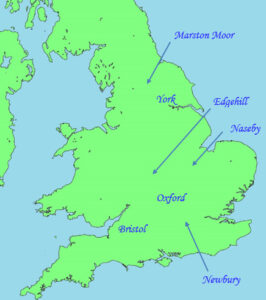 England
England
Reviews:
This is a fascinating glimpse into how the English Civil War affected the lives of the people of Cornwall who were not members of the aristocracy and therefore had little choice about whether or not to fight. They had to do what the local landowners wanted or else they would lose their livelihoods and often their homes too. Focusing on the Ennor family, the story recounts the experiences of William and his sons John and Richard as they were swept up in the fighting on different sides.
The vivid descriptions of the skirmishes, battles and seiges and of the physical toll of having to make their way on foot to various actions through the mud and the rain are absolutely captivating and you feel that you accompany them as you read. There are balancing humorous interludes between William and his comrade-in-arms, Jabez, who has a fiercely independent and unconventional outlook.
With the Cornish Army travelling as far as Bristol there is plenty to interest those of us who are familiar with the battle locations through Cornwall, Devon and Somerset. The book is a welcome addition to our knowledge of Cornish history, for, make no mistake, our history is separate. Interestingly, for English readers who are unlikely to know, Cornwall is not a county of England. It never signed the Act of Union and is a country in its own right – a protectorate of the UK like the Channel Islands. Whilst the Cornish were at war on both sides they were primarily motivated by pride in their nation and love of their land.
Highly recommended for anyone who relishes a good story, well told.
The author, Tony Mansell, has brilliantly detailed the twists and turns of the Civil War with a factual description of all the Battles throughout the south west.
The main characters, William and his sons John and Richard had no option but to leave the land and fight or risk losing their livelihood and homes.
Families from the aristocracy, down to land workers like William and his sons, were divided in their allegiance and fought on opposing sides.
There are wonderful descriptive passages of the years of hand to hand fighting and sieges plus the long marches criss crossing from coast to coast, Bristol, Exeter, Plymouth down to Lostwithiel. Each town and event brought to life.
Alongside the suffering and carnage, we follow the day to day fortunes of William and Jabez, one minute side by side fighting for their lives, the next, enjoying respite in the towns and villages along the way. The dialogue and humour between them is so typically Cornish as is their principles and independence.
This book has everything, historically correct, adventure, pathos, humour in abundance despite adversity, and to top it all, a credible love story.
I thoroughly recommend this novel and hope that the author has more planned for the future.
A well researched book illustrating perfectly the influence of the Cornish on the C17 civil war. Whilst maintaining a factual base throughout, a fictional interest has been neatly intertwined through the loyalty and suffering of Cornish families fighting in the war.
It was refreshing to see things from a foot soldiers view and their acceptance of what life threw at them.

 Cornwall
Cornwall The Southwest
The Southwest England
England